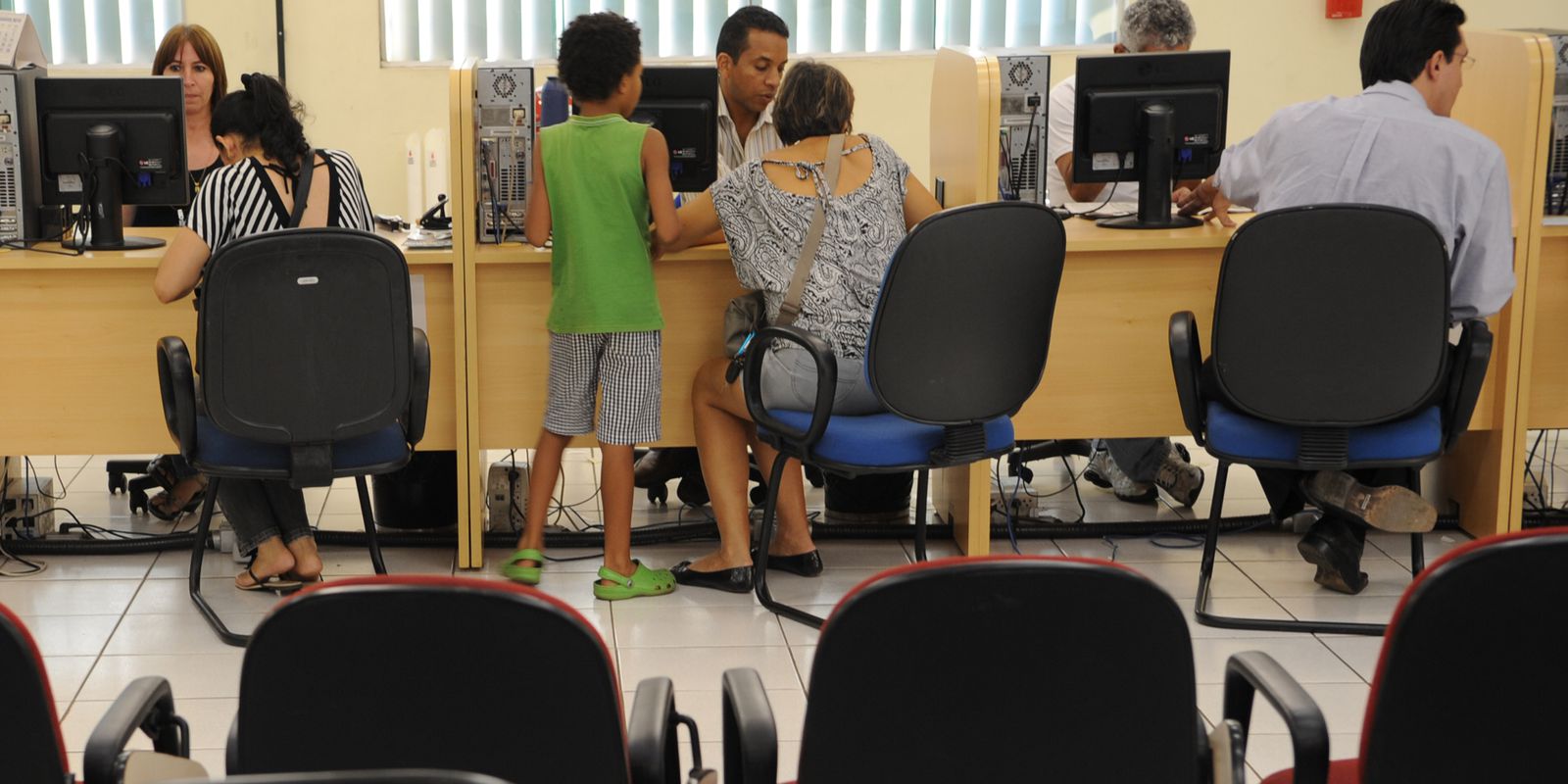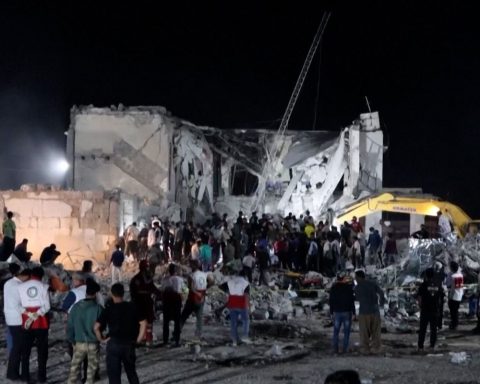Last year, with the restrictions of the second year of the covid-19 pandemic, the coexistence of many couples was put to the test, and Brazilian registry offices registered more than 80 thousand divorces extrajudicial. But 2021 was also the first full year in which the official act of separation could be done entirely online, a factor that may have contributed to this record number.
With the impetus given by social distancing and the regulation of notarial services through online, made by the National Council of Justice (CNJ) still in the first year of the pandemic, couples now have the option of solving all bureaucracy without having to meet.
The first extrajudicial divorce entirely online was carried out by a registry office in Sobradinho, in the Federal District, in June 2020. From then on, the idea of separating without having to meet the other party came to stay. Even if the pandemic loses strength, online extrajudicial divorce will continue to be available in notaries across the country.
“The benefits for couples who adopt this modality are diverse, such as, for example, the speed in the procedure and the prevention of the couple who do not want to meet in person due to fights and disagreements, avoiding unnecessary discussions at the time of signing”, explains the lawyer Benito Conde, specialized in family law. “Adherence to this system is healthier for both parties”, says he, who said he always recommends the procedure to his clients.
The service is already incorporated into the e-Notarial platform, which enables virtual services by notaries. Even so, not all establishments are able to perform the divorce online, and interested parties should look for one that has joined the system and has the necessary structure.
Conditions
The extrajudicial divorce at a notary has existed since 2007. The procedure is, in general, cheaper and faster than a divorce brought to justice, where the parties are at the mercy of procedural deadlines, appeals, hearing schedule and other contingencies that can lead to the procedure to last for years.
In the even faster online version, the requirements are the same as for any extrajudicial divorce. It is mandatory, for example, that at least one lawyer participate in the process, being the professional responsible for writing an extrajudicial agreement between the couple. The defender may or may not be shared between the parties, and must also be present in the videoconference necessary to seal the act.
Another requirement is that the separation be entirely consensual, with the parties in full agreement on each of the terms of the agreement. “Whether they are about the sharing of assets, arbitration or not of alimony and eventual indemnities”, says the lawyer. Any divergence, however minimal, prevents the extrajudicial completion of the divorce and the process requires the intermediation of a judge.
Extrajudicial divorce, whether online or in person, also cannot be done if the couple has an underage child, or an older dependent who is considered incapable. In these cases, it is necessary for the Public Ministry to give its opinion on the terms of the divorce, defending the interests of minors or incapable persons.
The same occurs if there is a pregnant woman involved, as the unborn child also needs to have their interests preserved by the Public Ministry. In some states, such as São Paulo, it is possible to perform an extrajudicial divorce even with minor children, provided that the custody situation has already been resolved in court.
Justice online
Although it involves a more expensive and time-consuming process, it is possible that legal separation can also be carried out online. This is because, due to the pandemic, many audiences were transferred to the videoconferencing format, and the trend is that this movement will continue or even intensify from now on.
The judicial process can be the most viable alternative for couples with few financial resources, as it is possible to claim the benefit of free justice, which can be granted by the judge, removing the need to pay the costs of the process.















